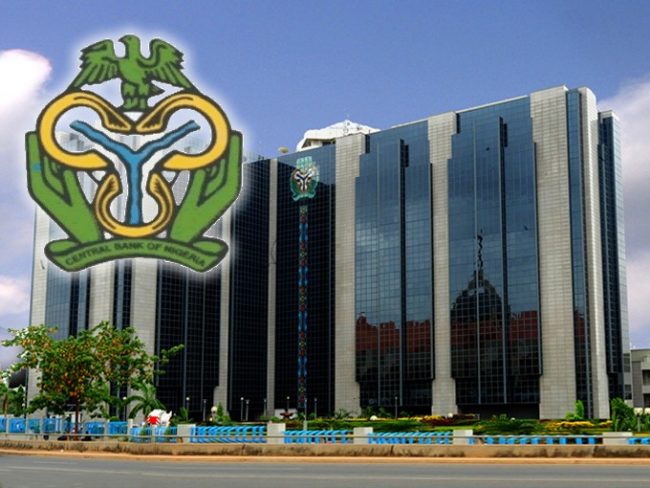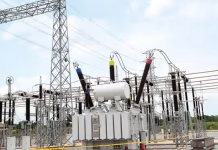Banks in Nigeria have been able to recover about N100 billion non-performing loans (NPL) or bad debt in one year, analysis of financial records of banks have shown.
Between the second quarter of 2020 to the end of July 2021, NPL reduced by N100 billion from N1.2 trillion to N1.1 trillion, according to data from the National Bureau of Statistics (NBS).
A loan is said to be nonperforming loan (NPL) if the borrower defaulted and hasn’t made any scheduled payments of principal or interest for some time.
However, more loans were given out by the banks as gross loans in the industry in the period under review grew to N22.2 trillion.
The CBN earlier this year asked the banks to bring down the sector’s non-performing loans below five percent, which is the prudential benchmark.
READ ALSO: Climate Change Poses “Serious” Threats To Nigeria’s Economy
It noted that the current ratio of 6.3 percent was above the prudential benchmark as of February.
The CBN said the measures it introduced such as the Global Standing Instruction (GSI) to reduce banking sector risks was helping to reduce the NPLs in the sector.
According to the CBN, the GSI, which commenced on August 1, 2020, allows banks to recover the outstanding principal and interest upon default from any account maintained by the debtor across all financial institutions in Nigeria.
It said the slight improvement reflected the strengthening of risk management practices, the GSI policy and regulatory forbearance that had allowed banks to restructure credits impacted by the COVID-19 pandemic.












